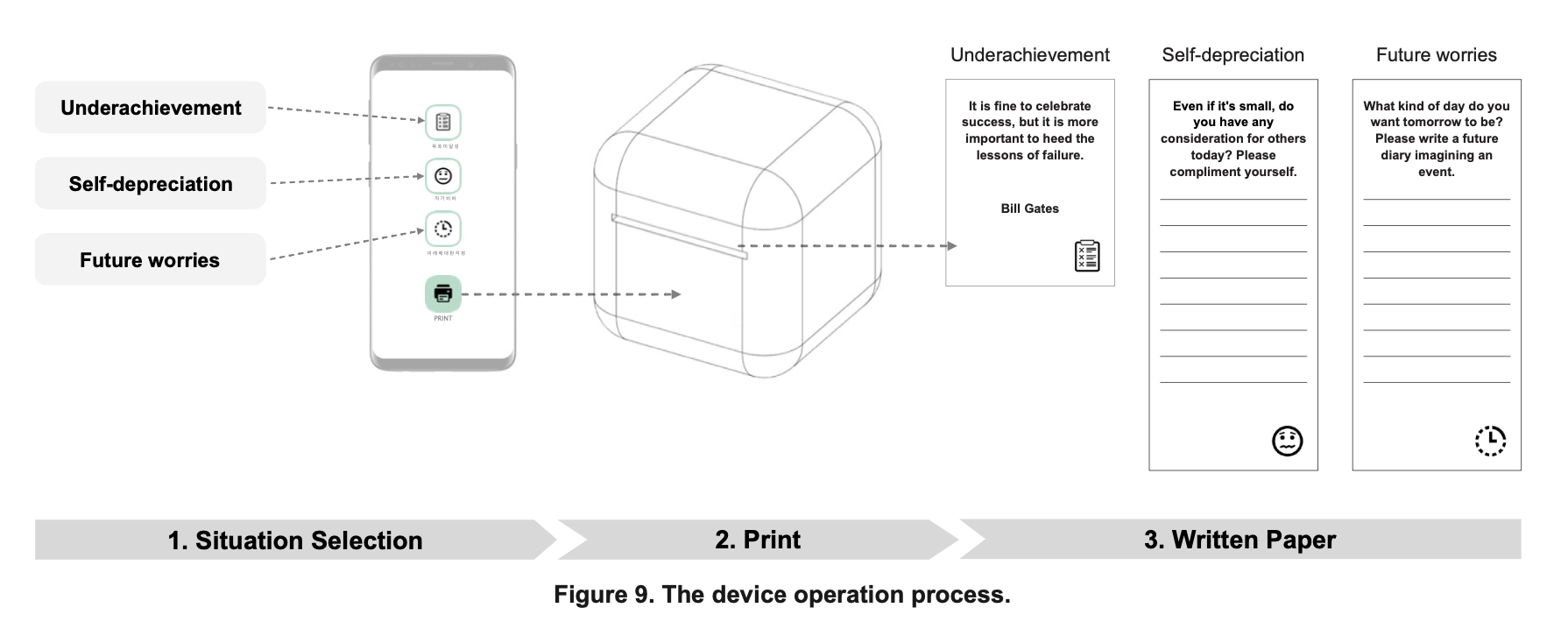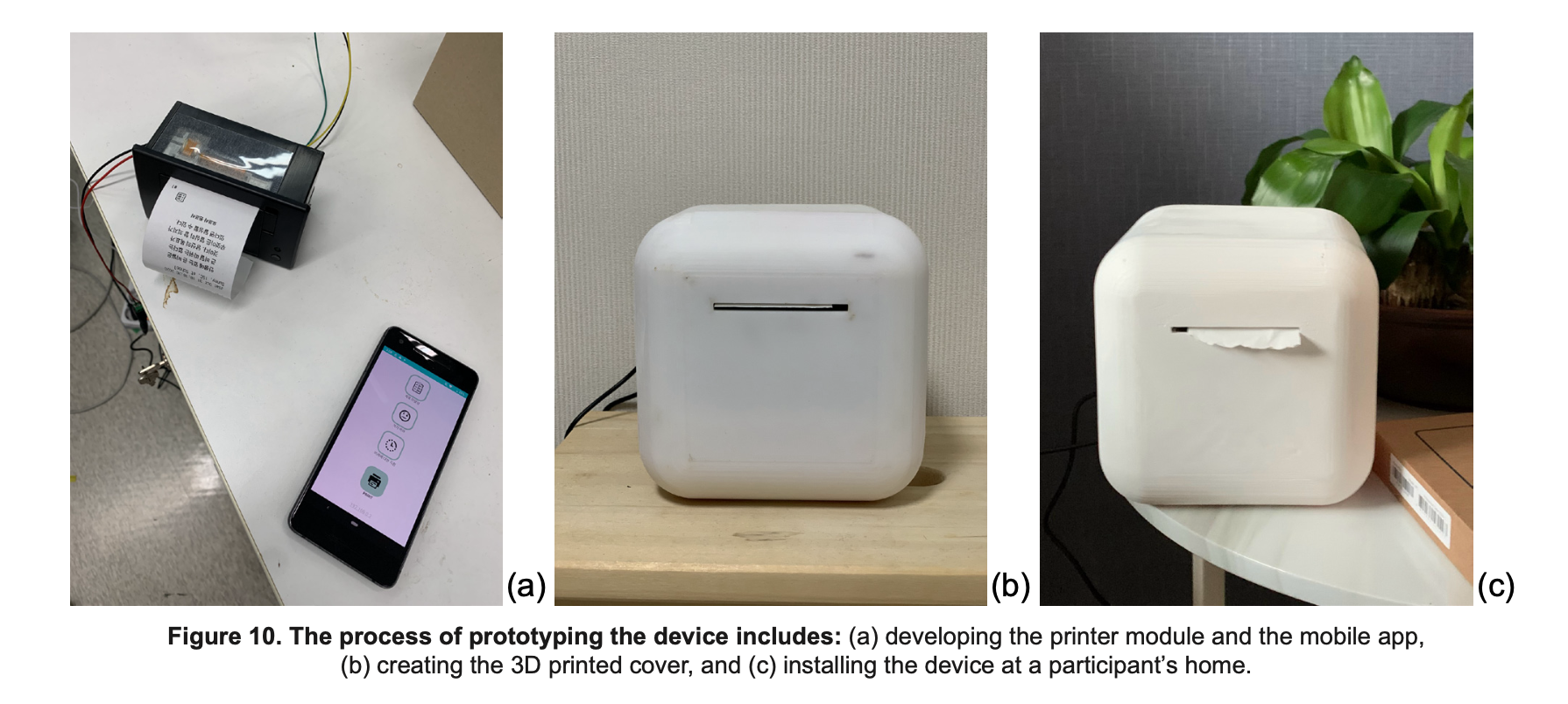A research team, affiliated with UNIST has revealed a method for preventing depression through self-management of negative emotions. This approach involves the development of an emotion management device specifically designed for individuals exhibiting anxious attachment tendencies.
Anxious attachment tendencies often originate in childhood relationships with caregivers and significantly impact interpersonal dynamics in adulthood. Individuals with high dependency on others and low self-esteem frequently experience negative emotions that can be difficult to regulate, potentially leading to depression.
Professor Chajoong Kim and his research team in the Department of Design identified that approximately 20% of the population exhibits anxious attachment tendencies. To assist these individuals, the team developed a device aimed at alleviating negative emotions in everyday life. This device facilitates immediate recognition of negative emotions and encourages positive thinking.
The research team explored the contexts in which individuals with anxious attachment tendencies experience negative emotions. Through diary writing and group interviews, they identified nine specific situations that provoke negative emotions.

Figure 1. The operation process of an interactive device that mitigates anxious attachment.
From these scenarios, they selected three key areas of focus: Underachievement, Self-deprecation, and Future worries. Subsequently, the team organized workshops with five design professionals to brainstorm potential solutions.
After evaluating various ideas, a device was selected that features printed questions, which users answer with a pen. This device helps users recognize negative emotions, stimulates positive thinking, and promotes reflective problem-solving.

Figure 2. The process of prototyping the device includes: (a) developing the printer module and the mobile app,
(b) creating the 3D printed cover, and (c) installing the device at a participant’s home.
The research team subsequently installed the device in the homes of participants with anxious attachment tendencies and conducted an experimental evaluation. The results demonstrated a significant reduction in negative emotions.
Participants reported improved emotional awareness and understanding of the underlying causes of their feelings. Many indicated that the device assisted them in adopting a more positive mindset and managing their emotions independently. One participant shared, “It was a bad day, but I felt better thinking about the good moments.” Another remarked on the positive shift, stating, “I focused on my strengths, not my weaknesses.”
Professor Kim commented, “We have introduced a novel approach for individuals with anxious attachment to alleviate negative emotions independently,” and added, “This work shows the potential to complement traditional psychological counseling by professionals.”
The findings of this research have been published in the online version of the International Journal of Design, a recognized international design journal, on August 31, 2024. The study was conducted with support from the National Research Foundation of Korea (NRF).
Journal Reference
Heimin Kang, JungKyoon Yoon, Chajoong Kim, “Mitigating Negative Emotions in Anxious Attachment through an Interactive Device,” IJDesign, (2024).














